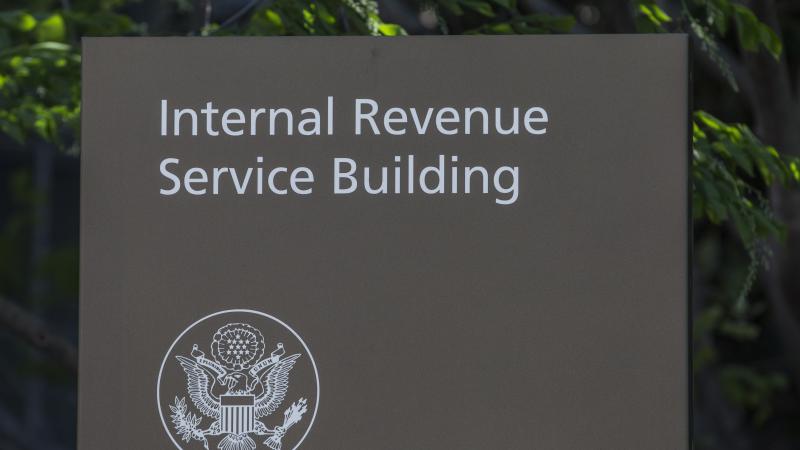Ten tax policies that made it into final version of 'One Big Beautiful Bill' Trump signed into law
Trump signed the legislation into law at the White House on Friday, July 4. What does the bill change about the way citizens pay for government?
The final version of President Trump's "One Big Beautiful Bill" contains a series of tax policy changes that are taking effect now that Trump has signed the legislation into law. The impact of some of the changes will be seen from Main Street to Wall Street.
-
Reducing Taxes on Tips
The bill reduces taxes on tips in service industries through 2028 by allowing those workers to deduct up to $25,000 a year of income derived from tips. The policy expires in 2028 and would need congressional approval to continue.
-
Deduction for Car Loan Interest through 2028
Car buyers will be able to deduct up to $10,000 a year in interest paid on qualifying auto loans. The benefits apply to vehicle purchases made in 2025 and tax filers won't need to itemize to claim the new deduction. This policy also expires in 2028 and would need to be renewed by Congress to move forward.
-
Tax Deduction for Overtime Pay through 2028
The overtime pay tax deduction now has a limit of $12,500 for single filers and $25,000 for married couples filing jointly, according to TaxAct. The above-the-line deduction will gradually start to phase out for single filers with a modified adjusted gross income of more than $150,000 and $300,000 for joint filers. This policy will sunset in 2028 absent action from Congress.
-
Increases the Standard Deduction
The new law raises the standard deduction for taxpayers not itemizing to $15,750 from $15,000 for individuals and $31,500 from $30,000 for married couples filing jointly.
-
Deduction for Seniors through 2028
During the 2024 presidential campaign, President Trump said he wanted to eliminate taxes on Social Security benefits for retirees. The bill includes a $6,000 deduction for seniors over 65 who earn no more than $75,000 a year or $150,000 for joint filers.
-
Increases the Child Tax Credit (CTC)
The legislation raises the Child Tax Credit (CTC) from $2,000 per child to $2,200 starting in 2025, and indexes it for inflation. The refundable part of the credit is set at $1,600 under the bill that Trump signed.
-
Higher State and Local Tax (SALT) Deduction Limit
The SALT deduction cap will increase substantially to $40,000 per household from $10,000. The new cap applies to tax filers with adjusted gross incomes (AGI) at or below $500,000. The SALT limit is set to return to $10,000 for the tax year 2030 absent future action from Congress.
-
New Scholarship Tax Benefit Established
Individuals who choose to donate to an organization that provides scholarships to students who attend private school can receive a federal tax credit up to $1,700 under the final version of the bill.
-
Creates "Trump Accounts"
According to Kiplinger Newsletter, parents, relatives, and others can contribute up to $5,000 annually to the account for a child's future through 2028. The federal government would establish a tax-advantaged account with $1,000 and the savings inside the account would grow “exempt from taxation” until the child reaches 18.
-
Repeals Electric Vehicle Tax Credits
Consumers interested in purchasing an electric car this year should know that the existing federal tax credit of up to $7,500 on new electric vehicle purchases and leases is set to expire on September 30 of this year. The tax credit of up to $4,000 on used electric vehicles will expire on the same day.














